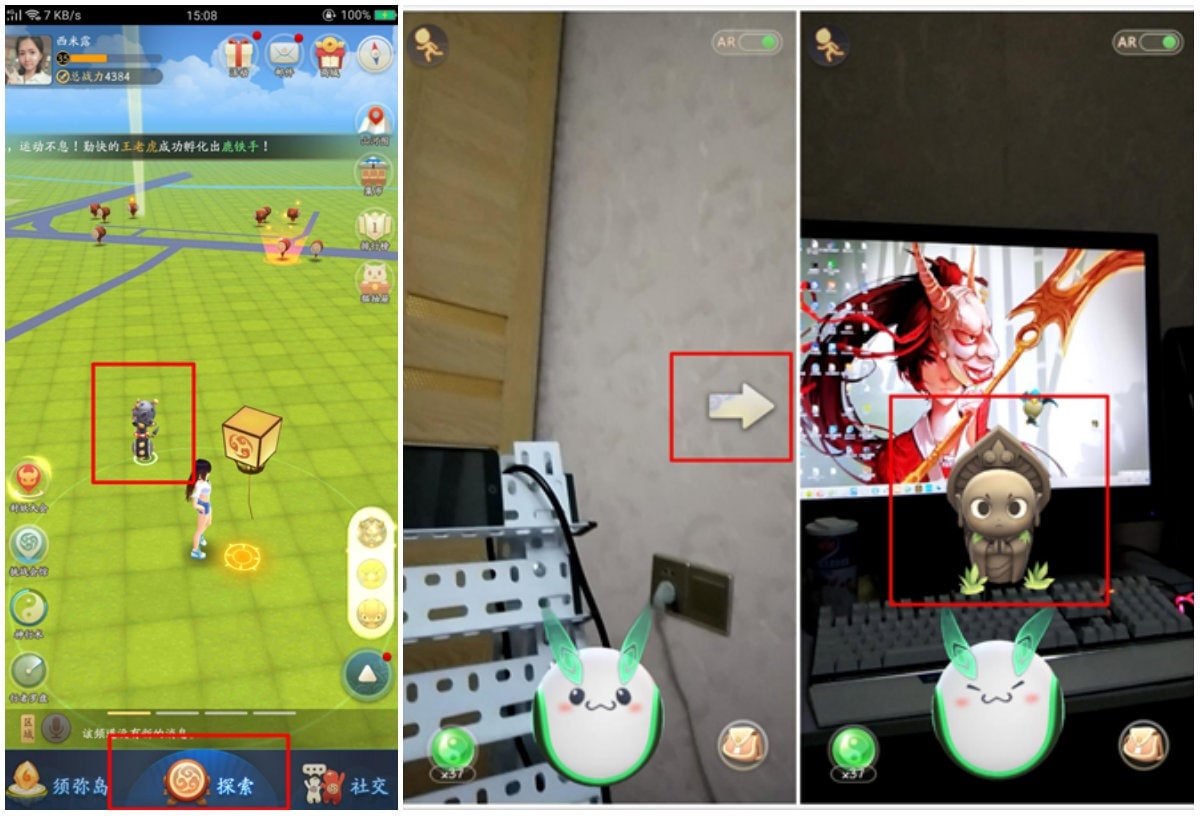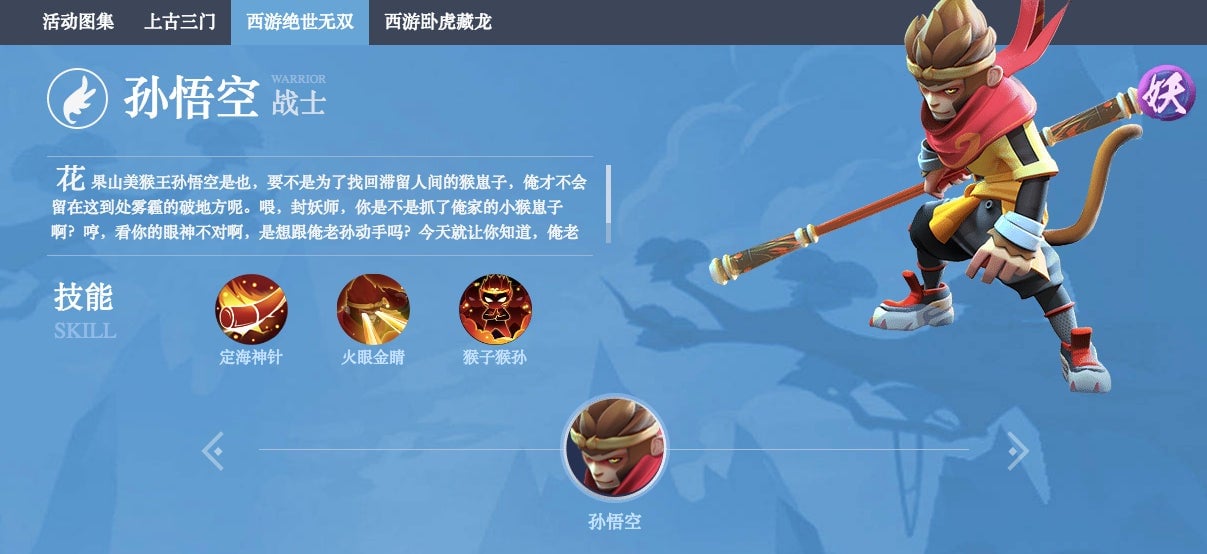Tencent’s latest game merges CryptoKitties and Pokémon Go
For the first time, Pokémon fans and crypto enthusiasts will overlap—at least in China.


For the first time, Pokémon fans and crypto enthusiasts will overlap—at least in China.
Yesterday (April 23), Chinese gaming giant Tencent unveiled its first blockchain-based game (link in Chinese) titled 一起来捉妖, which translates as “Let’s Hunt Monsters.” In essence, the game is a combination of Pokémon Go and CryptoKitties: Users can cruise around urban streetscapes and catch hundreds of virtual monsters thanks to augmented-reality (AR) technology, while rearing and trading millions of digital kittens stored on a blockchain.
The game highlights Chinese tech companies’ ability to quickly imitate fads from elsewhere, as well as the pent-up demand for Pokémon Go and CryptoKitties—two titles that until recently had little or no exposure in the world’s largest mobile-gaming market. “Let’s Hunt Monsters” will launch on Android and iOS in early May, starting in the southwestern Chinese city of Chengdu. Already, more than 3.4 million players have pre-registered for the game on its official website.
Much like in Pokémon Go, players of the Tencent game can capture digital monsters by flicking a ball on their screens at them, only the Pokéball in this case is called a “monster-sealing soul ball.” Another handy item in the game is a bell that draws out nearby monsters from hiding, similar to the incense item in Pokémon Go. Players can also power up and evolve their monsters. According to promotional pictures, players appear to be able to battle each other in order to occupy landmarks on the map, another similarity with Pokémon Go.

There are currently 243 monsters available in the game, and many of them are characters taken out of Chinese cartoons (such as Calabash Brothers) or Chinese legends (such as the Monkey King). Sharing the same premise as common battle-arena games, these monsters are categorized into different roles such as assassins, shooters, and supports. For example, the Monkey King (also known as Sun Wukong) is a warrior with the ability to stun enemies for several seconds.

For the crypto part, players can trade, exchange, and breed up to 110 billion digital kittens stored on a consortium blockchain developed by Tencent, in what appears to be a separate feature within the game. It’s not clear whether the virtual cats can be captured in the same way as their monster peers.
The unique property of CryptoKitties and other games based on public blockchains like ethereum is that even if the game developers were to vanish, the digital collectables in the games still exist as smart contracts on the blockchains, tethered to their current owners. But in Tencent’s case, players’ ownership of the digital kittens is still dependent on Tencent as the company controls the consortium blockchain. Tencent said it would open the blockchain to media partners in the future to make sure the game is run in a fair and open manner.
A spokeswoman for Tencent referred Quartz to a press release, but didn’t respond to specific questions about how the blockchain would work for the game, or about the game’s similarity with Pokémon Go.
Despite its worldwide popularity, most Chinese gamers have never had a taste of Pokémon Go because the government ban on Google services prevents the game from working in China. Tencent and rival Alibaba have previously flirted with the concept of Pokémon Go to launch their AR-based red-packet collection games—a digital upgrade of the tradition of giving cash during the Lunar New Year.
First released in November, CryptoKitties launched in China in February, but only after a number of copycats had already popped up there. The Chinese version of CryptoKitties is for mobile only and doesn’t instruct users how to change fiat currencies to ethereum, given China’s recent crackdown on crypto trading.
While often being accused of copycatting, Tencent, as China’s biggest gaming publisher, is bringing some of the world’s hottest titles into China through partnering with or buying stakes in famous developers such as Finland’s Supercell and the US’s Riot Games. At the same Beijing event where Tencent unveiled the blockchain game, the company also announced that it has launched the globally popular game Fortnite Battle Royale in China.